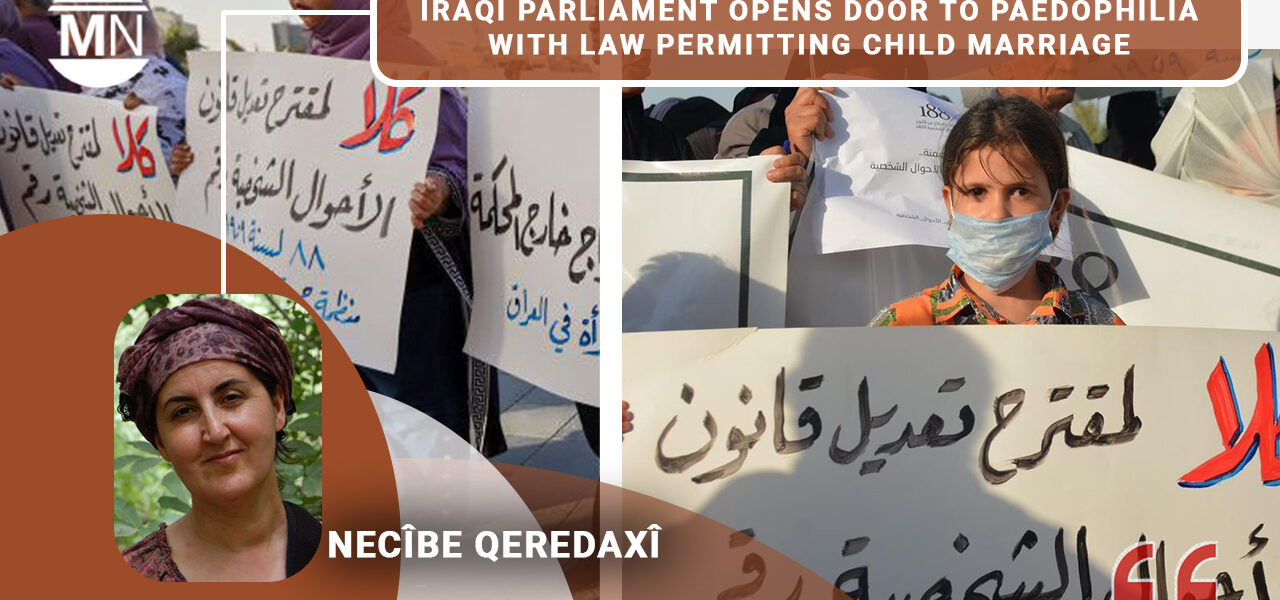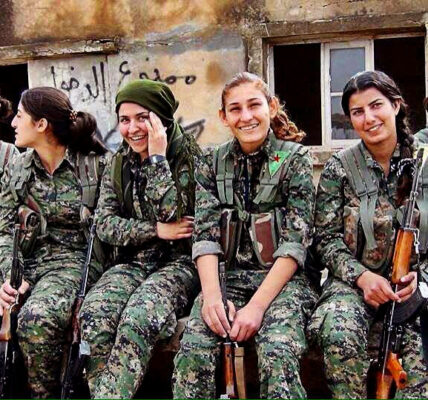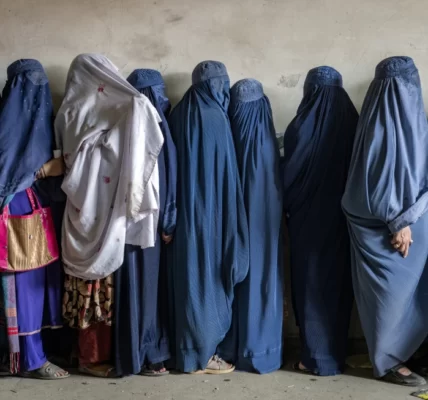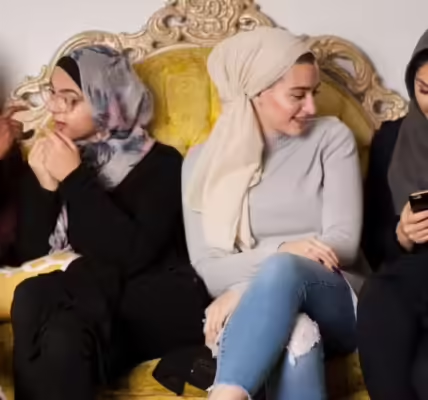This article was origionally published by Medyanews on the 24/1/2025 written by Necîbe Qeredaxî.
The Iraqi parliament’s amendment to the “Personal Status” Law, allowing child marriage for girls as young as nine, passed in the country’s parliament on Tuesday 21 January, highlighting a grim reality: the rights of women and girl rights are being systematically eroded. Without a unified push for meaningful reforms and protections for women, children and families, such policies will perpetuate a culture that reduces women and girls to mere commodities rather than recognising them as equals.
The Iraqi parliament, predominantly composed of Arab Shi’a and Sunni members, but including representation from Kurds, Turkmens and Assyrians, continues to blatantly disregard the fundamental rights and humanity of women. While some members publicly posture as advocates for women’s rights, their actions – and the policies pushed by their parties – reveal a calculated exploitation of women, reducing them to mere pawns for political and economic advantage. This manipulation fortifies the political status quo and bolsters authoritarian ambitions.
Such a system, characterised by parliamentary elections held every four years and involving a limited electorate, aligns with Noam Chomsky’s critique of “a corruption of democracy”, exemplifying the degradation of authentic democratic principles. Instead of delivering meaningful reform, the parliament has become a tool for entrenched systemic corruption and a bulwark for autocratic power.
This argument is not an accusation against the dominant political forces within Iraq and Iraqi Kurdistan but rather an observation of an undeniable historical reality and a bitter outcome of the enduring struggles faced by Iraqi societies, particularly women. These challenges have been felt acutely over the last 35 years in Iraqi Kurdistan, and over the last 22 years in Iraq more broadly. The recent reinstatement of Law No 188, the “Personal Status” law, offers a stark illustration of this reality. In August 2024, Iraq introduced a bill to amend the “Personal Status” law, originally enacted in 1959, to permit the marriage of girls as young as nine years old. Despite vocal objections from a small number of Kurdish women and representatives of other ethnic groups – who advocated for legislation addressing “domestic violence” and for protections for women, children and families – the absence of a cohesive democratic framework and the tyranny of majority votes has led to the passage of Article 188 in the Iraqi parliament.
In the months following the introduction of the Article 188 amendment bill to the parliament, waves of protest erupted, extending beyond Iraq’s borders to include international bodies such as the European Parliament. Responding to these dissenting voices, the European Parliament issued a formal warning to the Iraqi Parliament. Despite this intervention, the amendment was ultimately ratified.
The amendment to Article 188 constitutes a blatant violation of the rights of women and children, while simultaneously threatening to profoundly alter the social fabric of Iraqi society. It paves the way for a society in which female children can be subjected to sexual assault in the guise of marriage, thereby normalising and legitimising paedophilia under a cloak of legality.
Iraq is not alone among Islamic nations in enacting such regressive legislation. Both Shi’a and Sunni Islam, as the dominant sects within the Islamic world, have inflicted significant harm on Middle Eastern societies in their ongoing quest for hegemonic dominance. Despite their ideological and political tensions, they have reached an alarming consensus when it comes to the control of women’s bodies. This shared patriarchal, state-centric mindset flagrantly violates fundamental human values and undermines the well-being of society, particularly its children.
The amendment to Article 188 of the 1959 law is devoid of a comprehensive legal framework capable of addressing the complexities of social life. Instead, it embodies a regressive and patriarchal ideology that directly opposes the progressive values championed by women, especially Kurdish women, who have been at the forefront of social and political advancements in the Middle East. If the resistance to such practices – such as polygamy, temporary marriages, and other reprehensible phenomena – had been stronger in Iraq and Iraqi Kurdistan, the proponents of this amendment would not have dared to advance legislation that effectively transforms Iraq into a haven for paedophiles.
What happens now?
Women – and even freedom-loving men (if any exist!) – must seize the implementation of this law as an opportunity to spark an intellectual and democratic revolution. Furthermore, the foundations laid by the women’s revolution in Kurdistan have created significant opportunities for women across Iraq and the Middle East to understand and learn how to become powerful political and social actors, rather than mere commodities designed to satisfy the desires of mentally disturbed paedophiles.
The dominant international forces remain indifferent to the social realities of women and children, prioritising the security of their regional allies at any cost. We have already witnessed the plight of Afghan women, abandoned to the mercy of the Taliban’s fanatical forces.
Afghan women are now reaching out to Kurdish women, striving to comprehend the forces driving their social, intellectual and democratic revolution. Reclaiming the power of society and fostering self-organisation remain the only viable paths to dismantling the deeply ingrained mentality that reduces women, young girls and even small children to mere commodities, property or objects of instinct. This revolution must be driven by the collective strength of society and the resolute determination of women. The enactment of such a law could serve as a catalyst for women to ignite a widespread and transformative uprising.
Regardless of religious convictions or ideological affiliations, how can a nine-year-old girl be permitted to marry? What difference does it make whether this child is the daughter of a neighbour, your own child or that of a servant?
What must be done in response to such an egregious reality? Addressing these injustices demands deliberate and well-conceived measures, underpinned by critical reflection and guided by those who truly believe in freedom, equality and justice.
Necîbe Qeredaxî is a writer, journalist and researcher. She has been involved in the Kurdish women’s movement since 1996 and has been a member of the Kurdistan National Congress since 2016, and of the Jineolojî Academy (women’s science) and the Jineolojî Centre in Brussels.





